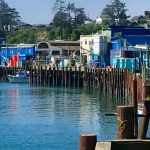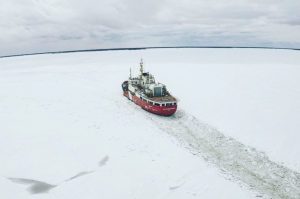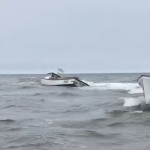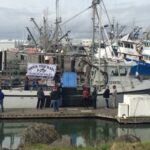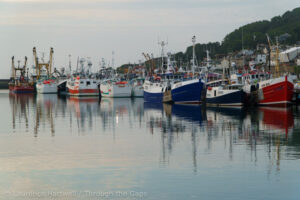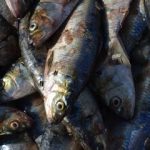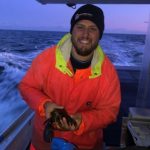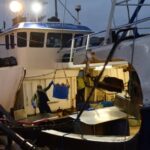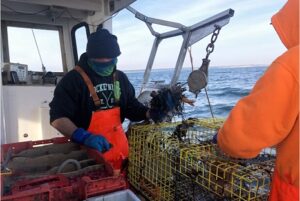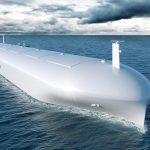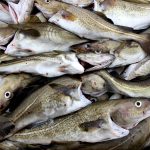Daily Archives: February 20, 2018
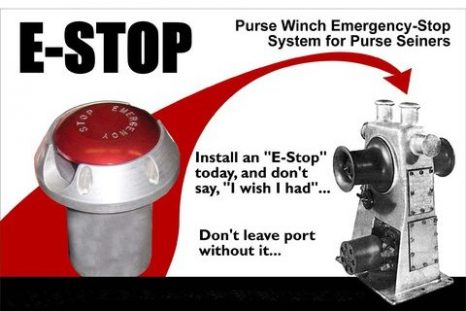
Simple fix for winch injuries not being used by seiners; Experts want to find out why
The most common gear on a seine boat is one of the most deadly – the rotating capstan winch used for winding ropes. Here’s a sampler “The deck winch is the most powerful thing on the boat. It’s the scariest piece of machinery that we work with.” “The corner of my raincoat caught under the capstan and started wrapping around. It snapped my head back and broke my neck.”,,, A simple E-Stop device has been available for over 10 years to prevent winch injuries. >click to read< 17:23

Alaska, West Coast to receive fishery disaster recovery funds, unclear when
The president signed a bill this month that directs recovery funds to fisheries disasters on the West Coast, including in Alaska, but it’s still unclear how the limited funds will be distributed. In a letter to the U.S. Senate in January, senators wrote that they saw a $150 million need in Alaska following the 2016 pink salmon season disaster in the Gulf. They also identified a $140 million need for the fisheries disasters in California and $117 million for those in Washington State.,, “There’s only $200 million that has been identified for all nine of these disasters,,,, >click to read<15:39

Washington senator wants B.C. to follow suit and phase out net-pen fish farms
A Washington senator says he wants to see British Columbia join the state in phasing out ocean-based Atlantic salmon farms when the province decides whether to renew farm leases in June. An American ban will be less effective in the shared ecosystem of the Salish Sea if fish farms continue to operate in Canadian waters, said Democrat Sen. Kevin Ranker. The Washington state senate and house of representatives have recently passed bills that would phase out net-pen farms when their leases come up for renewal over the next seven years. >click to read<14:06
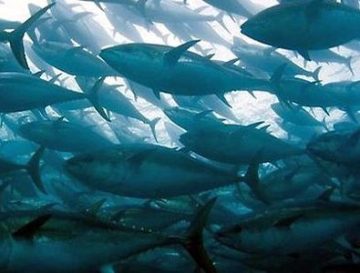
Study finds tuna fishermen who fish along ocean fronts can significantly boost revenue
These oceanographic conditions are more complex than simply being warmer temperatures, said James Watson, an OSU marine ecologist and lead author on the study. Their technical name is Lagrangian Coherent Structures, though scientists often refer to them as “the skeletons of the sea.”“Essentially they are physical ocean fronts where surface waters converge,” Watson said.,, “What we’ve found is that the stronger the convergence, the more likely it is to attract certain things, beginning with the aggregation of phytoplankton, which in turn attracts larger organisms like tuna – and, ultimately, tuna fishermen.” >click to read<12:25

California crabbers concede 25 cents
Local commercial Dungeness crab fishermen return to their trade today but will receive 25 cents per pound less for their catch than when they started the season earlier this month. Following a meeting on Monday, crabbers in Brookings, Crescent City, Trinidad, Eureka and Fort Bragg agreed to resume fishing on Tuesday, said Rick Shepherd, president of the Del Norte Fisherman’s Marketing Association. Seafood buyers are now paying fishermen $2.50 per pound, Shepherd said. “We’re trying to hold that $2.75, but we don’t know how long we’d have to sit to do it,” he said. “There’s not much else we can do.” >click to read<11:07 
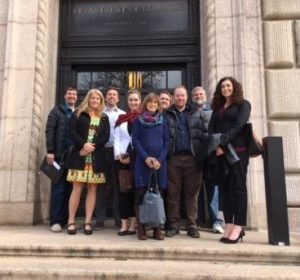
Alaska Fishing Delegation Heads To Washington
Representatives of the Alaska Longline Fishermen’s Association and the Alaska Marine Conservation Council– both members of the nationalFishing Communities Coalition (FCC) – were in Washington, DC, this week urging lawmakers to resist shortsighted efforts to weaken fishing communities by undermining key Magnuson-Stevens Act accountability provisions.,,, “The MSA is working in Alaska and around the country because all sectors adhere to scientifically-sound annual catch limits. >click to read<09:54
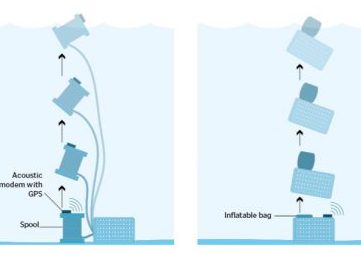
To protect right whales, scientists propose major changes for lobstermen
Without prompt action to reduce entanglements in fishing lines, North Atlantic right whales could disappear from the planet over the next two decades, scientists say. In response, scientists here on Cape Cod are proposing a novel way to save the species — one that many New England lobstermen fear could destroy their livelihoods.,,, In one method, the signal would inflate a spool filled with rope that ascends to the surface, allowing the lobstermen to haul their traps similarly to how they do now. In the other, the signal would activate inflatable bags attached to each trap or at the end of the trawls. >click to read< 08:45



































